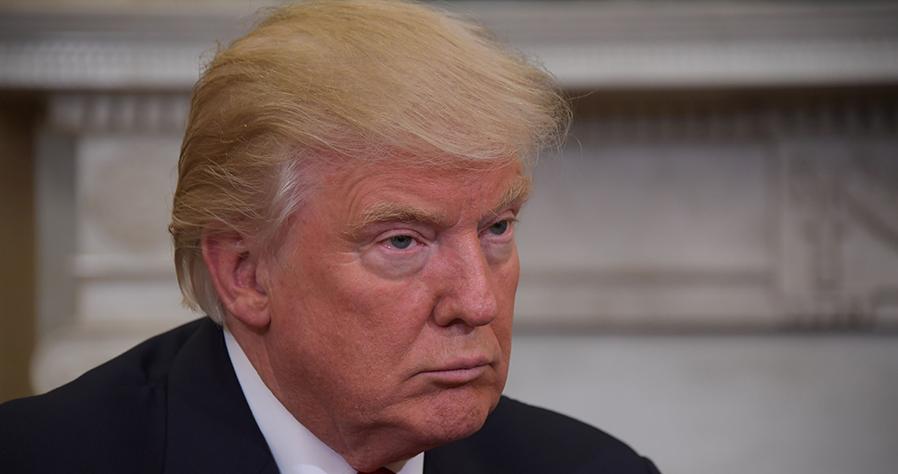Colin Moreshead, Freelance Writer
Dec 07, 2016
Donald Trump's presidency could reset American presence in Asia and present China with unexpected military and economic opportunities in the region. China's leaders must prioritize their objectives to avoid alienating neighbors, but until Trump chooses his cabinet and interacts with its members, they have little idea of what to expect from the United States in the coming years.
Richard Javad Heydarian, Professorial Chairholder in Geopolitics, Polytechnic University of the Philippines
Dec 05, 2016
Without a question, it is still too early to predict the exact trajectory of Trump’s actual policy in office, given his penchant for policy equivocation and tendency for self-contradiction. Deals like the TTP now hang up in the air. There are also opportunities for China in the new administration. Doubts over Trump’s temperament, judgment, experience, and commitment to the global order could encourage a growing number of Asian nations to reconsider their relations with Washington in favor of Beijing. The Trump administration faces an uphill battle to reassure allies in the region that America will continue to preserve and provide public international goods in the region, stand strong with its allies, and deepen its economic engagement with Asia.
Li Bin, Professor, Tsinghua University
Dec 29, 2016
For China, Trump’s sleight of hand through pushing for a new round of nuclear arms race is nothing but a distraction. What China needs most now is to mend its own business well per its own plan.
Mel Gurtov, Professor Emeritus of Political Science, Portland State University
Dec 22, 2016
President-elect Trump is lacking practical experience in China beyond making the occasional sale to a businessman. This does not translate into foreign policy, and undermines the “great relationship” that he’s claimed to have since the campaign. It seems that in Trump’s mind, everything China does is suspect.

George Koo, Retired International Business Consultant and Contributor to Asia Times
Dec 22, 2016
Unfortunately for President-elect Trump, he can’t ignore the conflagration of the Middle East that he will inherit from his predecessors. But he can avoid creating more conflicts and new regional tensions elsewhere if he sticks to the idea of getting along with everybody. In the case of China, Trump has the opportunity to break cleanly from the past.
Yuan Peng, Vice President, Chinese Institute of Contemporary International Relations
Dec 16, 2016
As the relationship between the US and China continues to evolve from one between the sole superpower and one of several major powers to one between the ‘eldest’ and ‘second brother’, the president-elect will need to be pragmatic and creative to preserve a deep mutual dependence between the two countries.
Doug Bandow, Senior Fellow, Cato Institute
Dec 14, 2016
President-elect Donald Trump’s attack on international trade, and especially his intention to withdraw from the Trans-Pacific Partnership (TPP), will allow the People’s Republic of China to seize the economic lead in Asia and prevent any goal of making America great again.
Vasilis Trigkas, Visiting Assistant Professor, Schwarzman College, Tsinghua University
Dec 14, 2016
Strategic surprise and a cultivated image of irrationality is a classical strategy in a game of brinkmanship. One side highlights its willingness to “dance too close” to the cliff’s edge and maximize risk, leading its opposition into eventual retreat. Trumps’ discussion with Tsai Ing-wen must be seen through the prism or feigned irrationality. Trump, a studious businessman, may have considered the strategies of past presidents and found the “Madman” hypothesis compelling for his ultimate goal: to leverage Chinese adamancy over core national interests like the Taiwan issue into an agreement over trade and jobs – his existential political pledge.
Wu Zurong, Research Fellow, China Foundation for Int'l Studies
Dec 14, 2016
Despite trade frictions and the recent fuss over contact with Taiwan’s leader, the future Trump administration is likely to promote the smooth development of Sino-U.S. relations in the years to come. Expansion of cooperation in areas where the two countries have common interests would be the first priority of both sides.

Dennis V. Hickey, James F. Morris Endowed Professor of Political Science, Missouri State University
Dec 13, 2016
What does Donald Trump’s victory mean for Sino-American relations? With no experience in government, Trump is unique among all past American presidents. It also means the new president has no political background by which the Chinese can predict his behavior. Trump will come to the White House with a “clean slate” with respect to official “China policy.”